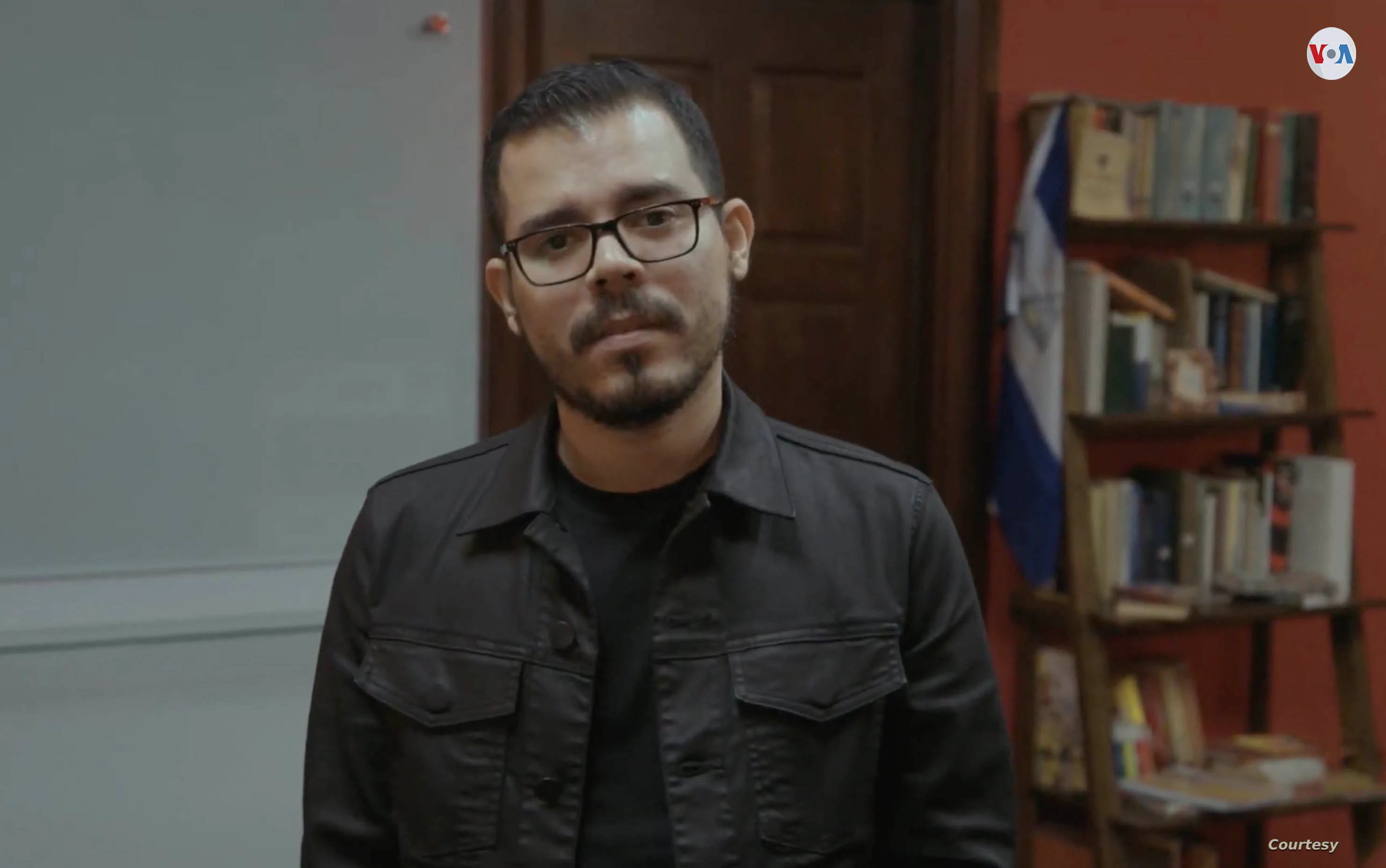RIO DE JANEIRO, BRAZIL – The European Union on Monday sanctioned Nicaraguan President Daniel Ortega’s wife, Vice President Rosario Murillo, his son Juan Carlos, and six other officials of his government for their responsibility in “serious human rights violations” in the Central American country.
“Regrettably, the arrest of a seventh potential presidential candidate last weekend illustrates the extent of repression in Nicaragua and projects a disturbing image for the upcoming elections,” stressed an EU statement, referring to Noel Vidaurre, placed under house arrest on July 25.
Read also: Check out our coverage on Nicaragua
The sanctions now affect a total of “14 persons” who cannot travel or transit through European territory and whose assets in the EU are frozen, according to the communiqué.
“EU citizens and companies are subject to a ban on making funds available to them,” the text stresses.

Among those sanctioned are Ortega’s economic advisor, Bayardo Arce Castaño; the president of the National Assembly, Gustavo Eduardo Porras Cortés; the president of the Supreme Court, Alba Luz Ramos Vanegas: the attorney general Ana Julia Guido Ochoa; and two police officers.
Daniel Ortega’s son, Juan Carlos, is the head of the Sandinista 4 de Mayo movement and runs Canal 8, one of the country’s main television channels.
The new sanctions had been announced in early July by the head of European diplomacy, Josep Borrell.
“Nicaragua has entered into a spiral of repression” against the opposition in the run-up to the presidential election, Borrell lamented before the European Parliament meeting in plenary session in Strasbourg (eastern France).
The last European sanctions against the government of Daniel Ortega dated from May 2020.
Ortega, a 75-year-old former Sandinista guerrilla, has not yet officially announced his candidacy, although his close associates and the party propaganda visible in public places take for granted that he will seek reelection for a fourth successive term.
The Sandinista leader governed the country from 1979-1990, returned to power in 2007, where he remains after two consecutive reelections, the last one with his wife as vice-president.

